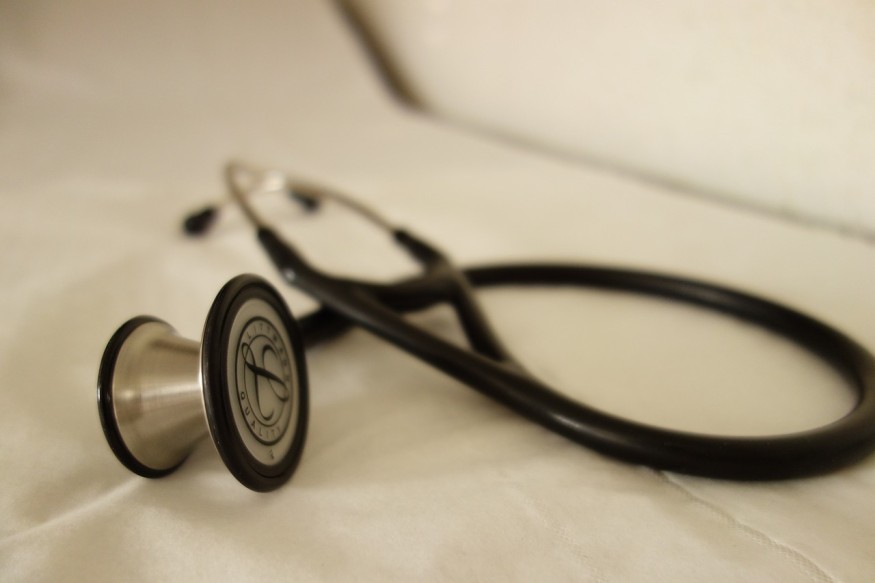
Half of all US physicians actually experience burn-out, according to internist Colin West, who has studied at the Mayo Clinic on physician well-being for over 15 years. A journal Cureus review in 2018 described it to be a combination of perceived inefficacy, cynicism, and exhaustion.
The pandemic has burdened the frontline health care workers with the system's glaring lack of preparation. The US government's sluggish response plus the bungled testing rollout gave the virus spread a good headstart.
According to Scientific American, many years of lean operations has left a lot of hospitals with no resources to expand care rapidly. There is scarcity in PPE's or personal protective equipment and ventilators, as well as backup stocks. Worse, hospitals and institutions have been forced to compete with each other. Eerily quiet healthcare facilities have staff worried when the virus may hit them. Nurses are facilitating final telephone calls between dying patients and loved ones.
West says that months of extreme uncertainty will cause negative effects on workers' psychological and even physical health. According to the CDC, hundreds of health workers have already died worldwide.
Health workers are worried of infecting their loved ones, and the younger medical residents are telling each other to make living wills. Several hospitals muzzled staff due to concerns on misinformation and privacy of patients. Worldwide, workers who spoke out and shared experiences were fired or reprimanded.
Experts predict these traumatic effects will have significant impacts long after this pandemic is gone. Prolonged uncertainty becomes compounded by moral anguish, as they have inadequate resources for treating patients, according to nonprofit Moral Injury of Healthcare co-founder and psychiatrist Wendy Dean.
Dean says that moral injury is when someone does something against their moral beliefs. This occurs to health workers when the business aspect of health care impedes their ability to look after their patients.
According to bioethicist and otolaryngologist G. Richard Holt, doctors are not adept at determining who gets to have life saving support versus who will not. He says they are trained to treat only one patient at a given time.
According to American Psychiatric Association Committee on the Psychiatric Dimensions of Disaster chair Joshua Morganstein, workers are worried that they will bring the problem home with them; no place then becomes safe.
Suneel Dhand, a Massachusetts internist, expressed concern regarding all the workers absorbing a lot of bad news on social media. Experts like Washington University School of Medicine, St. Louis psychiatrist Jessica Gold think that health workers may develop depression, anxiety, acute stress, issues on substance use, and ultimately, PTSD.
A study on health workers in the past SARS outbreak found that 89% had psychological damage. A different study also found fear of SARS correlated with PTSD. Half of 1,257 COVID-19 physicians and nurses surveyed in China had depression; 44% reported anxiety; and 34% got insomnia. Gold says they will not likely seek help, as most of them don't have time for therapy or considers psychological problems a stigma.
Options for therapy have been expanded in terms of flexible scheduling, support hotline, and telehealth at institutions like North Carolina UNC Health. The UK COVID-19 Trauma Response Working Group gives guidance for pro-active interventions. Gold says that virtual health services such as teletherapy and meditation apps are also crucial tools for helping health workers. These efforts, she adds, have to have a wide scope and be ongoing. She
© 2025 NatureWorldNews.com All rights reserved. Do not reproduce without permission.





